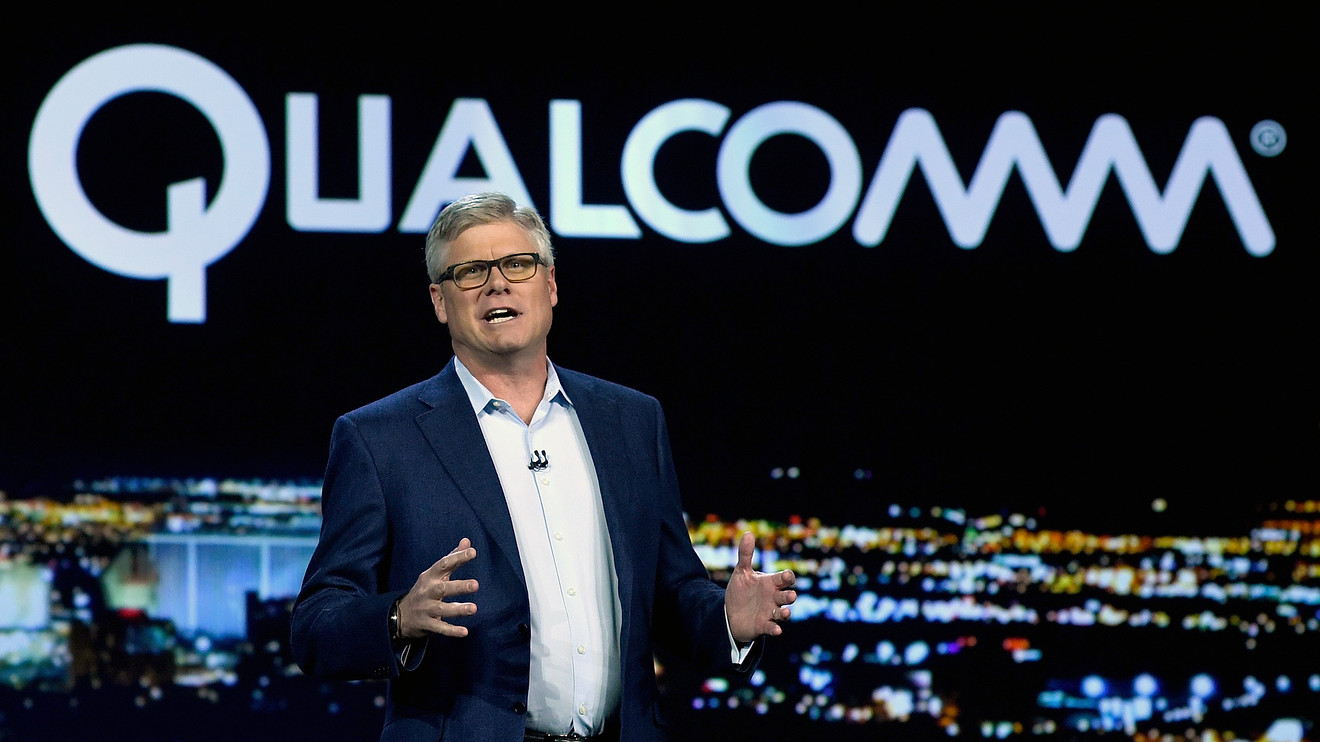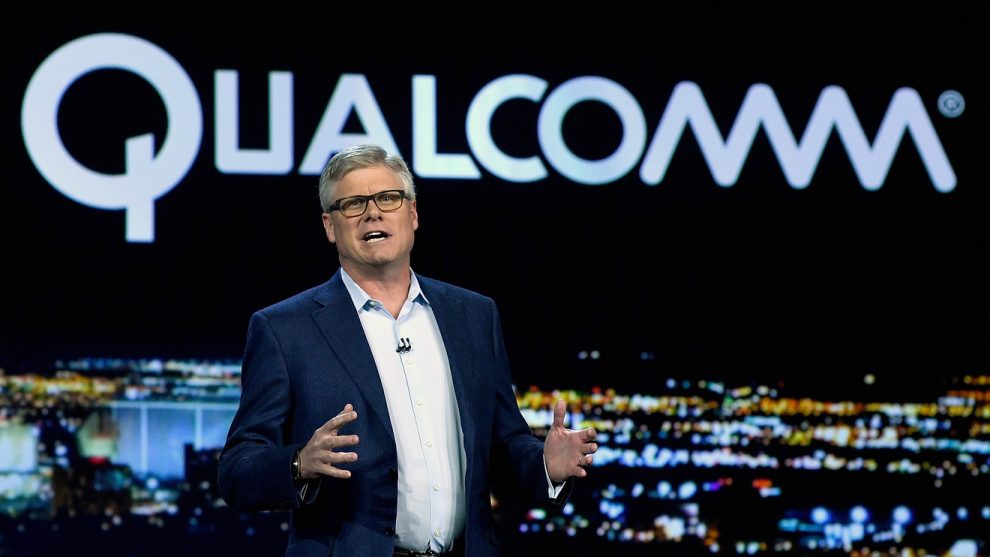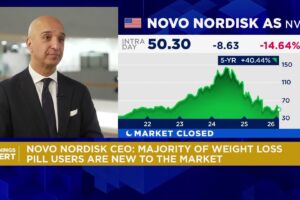
It’s hard to say what U.S. District Court Judge Lucy Koh was thinking when she ruled in favor of the Federal Trade Commission and against Qualcomm late Tuesday, citing the need to end the company’s alleged “monopolistic” and “unfair” SEP (Standard Essential Patents) licensing practices.
But for investors, this ruling feels more like a speed bump for Qualcomm QCOM, -1.52% rather than a decision that could do serious damage to its business. I believe the case will be overturned on appeal.
One of the most glaring red flags in the judge’s 233-page ruling is the conspicuous absence of any economic analysis whatsoever — which usually serves as a predicate basis for the proposed remedies in a ruling of this kind.
I also find in the ruling no attempt to balance harm against benefits to consumers, whom Judge Koh claims — against all evidence presented at trial — were “hurt” by Qualcomm’s business model.
Based on those two items alone, the ruling leaves itself wide open to be overturned on appeal.
While the ruling is reckless and harmful, investors should also keep in mind its limited scope. It only addresses SEPs (Standard Essential Patents), and does not apply to the vast majority of Qualcomm’s patent portfolio, which is dominated by NSEPs (non-Standard Essential Patents).
SEPs, while important, are the low-hanging fruit of the mobile industry’s patents. Case in point: Today’s high-end phones cost well over $1,000.00, and the licensing of SEPs for handset makers only amounts to about $7.50-$13 per devices.
What makes this ruling even more difficult to understand is that Apple AAPL, -1.71% , originally the most notable proponent of the FTC’s case, settled with Qualcomm last month, essentially making this case moot. Apple had even attested to the superior quality of Qualcomm’s technology, acknowledged the need to have access to it, and agreed to the mutually beneficial terms of Qualcomm’s entirely legal licensing model.
In a rational world, the FTC would have taken this as a cue that it should back off or, alternatively, settle the case.
Meanwhile, the Justice Department had stepped in to express concerns about the FTC’s case, going so far as to request a hearing, should Judge Koh find Qualcomm “guilty” of any wrongdoing. Its interest was to protect U.S. leadership in the development of 5G cellphone technology, in which Qualcomm is a major player. Telecom companies are just now beginning to roll out 5G mobile networks, which are expected to be 100 times faster than existing 4G network and 10 times faster than your average broadband connection.
Furthermore, the Justice Department recognized that a ruling against Qualcomm could empower China and Huawei, Qualcomm and the U.S.’s main rivals in 5G, which also ultimately harms U.S. consumers.
Here are more reasons why investors shouldn’t worry:
1. While the ruling takes effect immediately, Qualcomm is going to request a stay to halt the process from going forward. Should the stay be denied by Judge Koh, a motion will be filed to the Ninth Circuit Court of Appeals, which would likely rule within one to two months. Meanwhile, Qualcomm will appeal the merits of the case, which could take another 18 months.
2. Because this ruling undermines U.S. leadership against China in 5G, it isn’t a stretch to expect some kind of intervention from the executive branch during the appeals process. If not an executive order, the DOJ’s battle with the FTC over antitrust enforcement is something to keep an eye on.
3. Qualcomm intellectual property is still the best. Apple settled on the merits of its agreement with Qualcomm, knowing full well that this ruling would have helped its case. It knew no other company could support its ambitions in 5G and mobile technology. Qualcomm’s design wins and contributions to 5G standards are significant, and considering it is still early days for the technology, they have nowhere to go but up. This ruling doesn’t change that.
This is why I believe that Qualcomm investors need to hold. The company is critical to 5G technologies, and the upside of its contribution to the 5G ecosystem, which promises to be massive, should no longer be an abstraction. This flawed case promises more twists and turns ahead, but in spite of it, Qualcomm still looks like a solid bet.
Daniel Newman is the principal analyst at Futurum Research. Follow him on Twitter @danielnewmanUV. Futurum Research provides or has provided research, analysis, advising, and/or consulting to many high-tech companies in the tech and digital industries, including Qualcomm. The firm doesn’t hold any equity positions with any companies cited.











